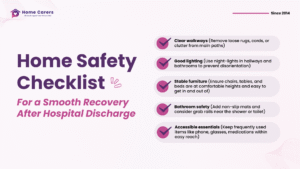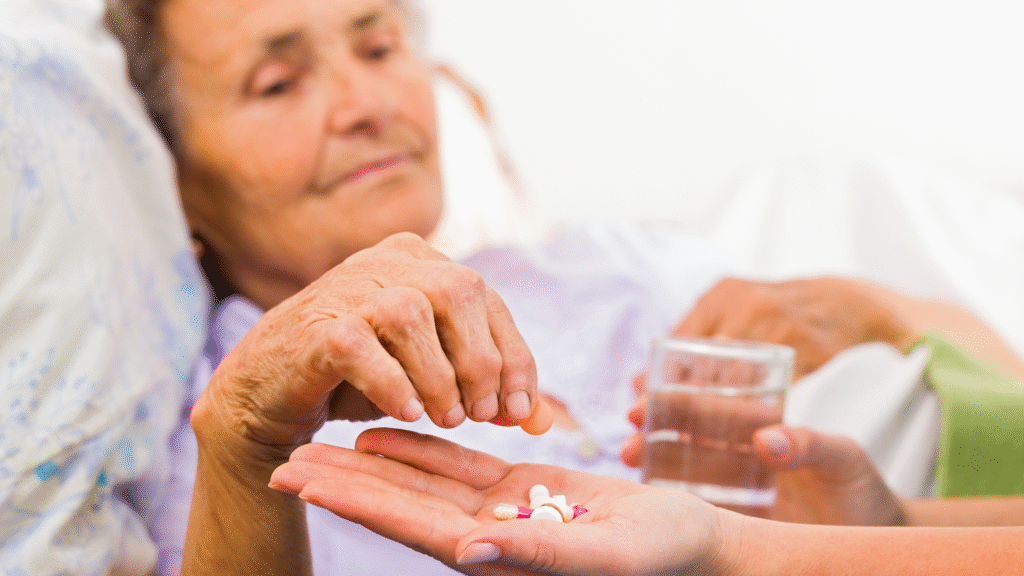..
Bringing a loved one home from hospital can feel both relieving and daunting. While everyone looks forward to familiar surroundings, the home environment often needs small adjustments to make recovery safe and comfortable.
In New Zealand, many older adults return home still feeling weak, tired, or unsteady — especially after surgery or illness. Preparing the home before discharge helps reduce the risk of falls, confusion, or unnecessary readmission.
Why Preparation Matters
Hospitals discharge patients as soon as they’re medically ready, but recovery continues at home. That means the living space must support rest, independence, and easy access to daily needs.
Families can start preparing as soon as a discharge date is confirmed. Early planning allows time to rearrange furniture, organise medications, and coordinate support such as Home Carers’ Hospital to Home service for the first few days of adjustment.
Creating a Safer Environment
A few simple changes can make a big difference in preventing accidents during recovery:

💡 Tip: If your parent or loved one uses a walking frame or stick, check that doorways and hallways allow enough space to move safely.
Setting Up for Rest and Recovery
The first week at home is about rest, comfort, and gradual activity. Setting up a recovery area can make life easier for both the person recovering and their family:
- Choose a quiet area with good ventilation and natural light.
- Keep water and snacks nearby to encourage hydration and nourishment.
- Provide extra pillows for positioning and support.
- Ensure warmth and comfort — older people often feel colder after illness or surgery.
- Arrange visiting support from carers, friends, or volunteers for company and help.
Preparing for Medication and Follow-Up Care

After discharge, medication management is one of the most important parts of recovery. To stay organised:
- Keep all prescriptions together in a clear container.
- Use a weekly pill organiser labelled by day and time.
- Display the discharge summary or medication list somewhere visible, such as on the fridge.
- Note down upcoming follow-up appointments and make transport arrangements in advance.
Encouraging Movement and Independence
Even small amounts of gentle movement can help recovery progress faster. Encourage short walks inside the house, stretching, or simple mobility exercises — always following the hospital’s advice.
Carers can assist with safe mobility support, ensuring the older person doesn’t overexert themselves or risk a fall. For peace of mind at night, consider flexible Overnight Care so someone is there if assistance is needed.
Conclusion: Preparing for Comfort, Safety, and Peace of Mind
Preparing the home for recovery isn’t just about removing hazards — it’s about creating comfort, confidence, and calm. Small adjustments can make a major difference in how smoothly recovery unfolds.
When families take the time to prepare, older adults feel supported, regain independence faster, and recover with less stress. And if extra help is needed, a trusted carer can provide reassurance through every stage of healing.


